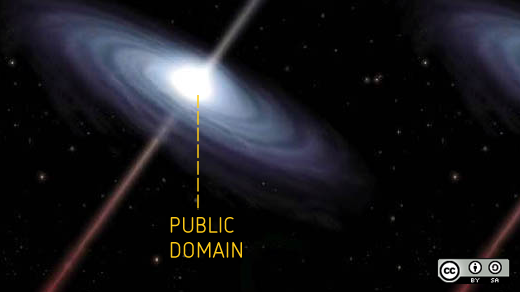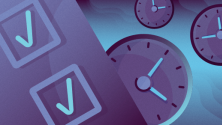January 1 of each year is Public Domain Day, the day we should celebrate works entering the public domain. Unfortunately, in the US there will be nothing to celebrate until 2019. So instead, let's talk about how that happened.
Think of what you know about copyright--how you get one, how long it lasts, what that means. Now think about how it originally worked in the US:
- It lasted 14 years.
- It was opt-in, in today's parlance. You had to claim your copyright.
- If you wanted another 14 years, you had to renew it. (This was updated to 28+14 only 40 years later in 1831.)
None of those things are true anymore. Copyrights are automatic, last closer to a century than a decade or two, and you have to actively opt out if you'd rather publish your work more freely.
If the original terms were still true, we can factor in another fact: 85% of creators didn't renew their copyrights. For book authors, it was even higher--93% didn't renew. We can then estimate that under the 28-year rules, 93% of the books written in 1981 would have entered the public domain this year. They would have been freed for you to adapt into plays and movies, republish in uncommon forms like braille, or make available to more eyes through methods like Project Gutenberg.
But because of seemingly endless extensions of copyright law, we are now in what's often called the "public domain black hole," an empty time when nothing will be added to the public domain in the US until 2019.
Interested in learning more?







8 Comments